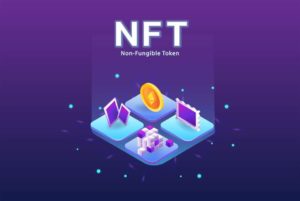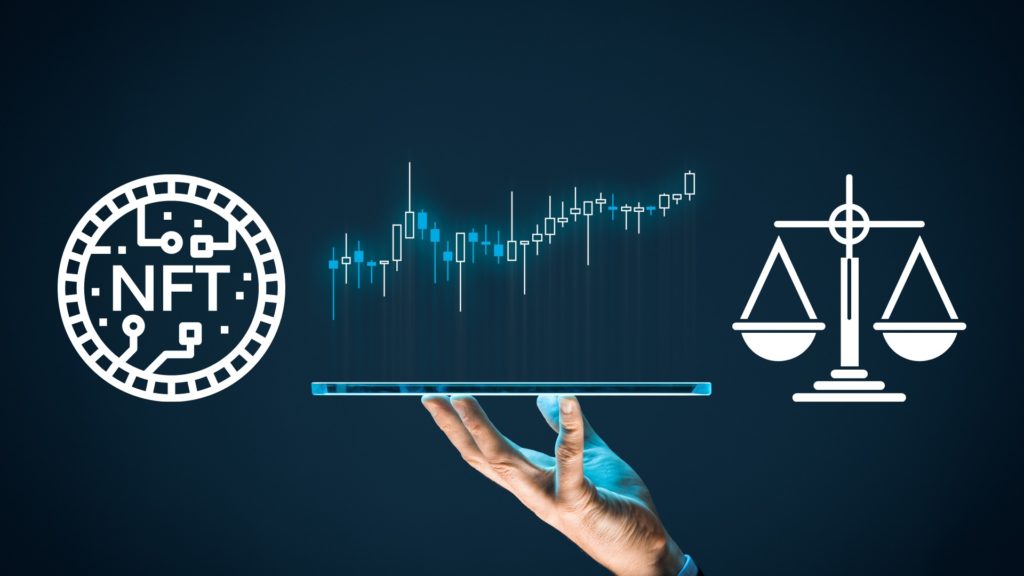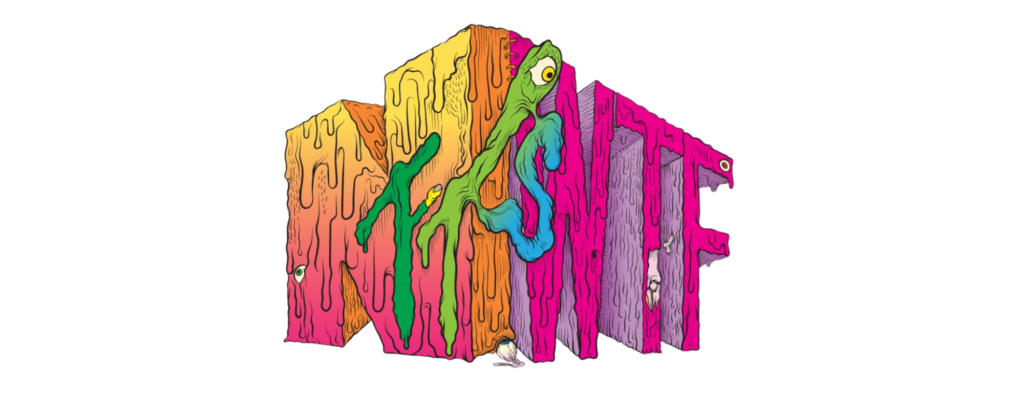NFTs are proving to be effective means for artists to monetize their creations, not to mention simultaneously offering a promising opportunity for investors. As NFTs and other digital tokens revolutionize the landscape of investing and trading, there will be legal matters to consider. National and state governments are still determining how digital tokens will be regulated, which means that sellers and buyers alike will need to keep their eyes wide open as this technology moves forward.
Currently, legal matters in the NFT world are relatively undecided, so it’s best to play things as safe as possible. Nevertheless, here are some legal matters to keep in mind if you’re getting started in NFT trading.
Copyright Matters – Mind the Contract
Smart contracts include terms that govern what rights are transferred to buyers upon purchase of NFTs. A common misconception that new buyers have is that an NFT transfers the copyright to them, but this often is not the case.
Given the confusion that may arise over what buyers may actually be agreeing to, it’s vital for these purchase contracts to be phrased clearly, particularly in terms of what rights are being transferred. In addition, buyers must go into purchases fully aware of what terms are set forth in the contract.
Fraud Prevention
Copyright matters may also come into play when it comes to fraud, though it depends on the circumstances. For instance, someone who mints an NFT of an existing piece of artwork without having rights to that piece of art may implicate copyright law, but there isn’t much case law yet in this area. It is not yet completely clear whether creating the NFT necessarily involves copying the artwork, meaning copyright law may not necessarily be involved.
That said, it may still implicate other laws. Time will tell what shape the case law in this area will take as time progresses.
Another matter of fraud includes money laundering. There is some concern that substantial NFT purchases may be used to move large sums of money without much regulatory oversight– and governments are still figuring out how that will be prevented.
In either instance, buyers should do their due diligence when making purchases. They should take care to determine who the seller is, whether they have rights to the work their NFTs are connected to, and if there are any permissions needed from third parties. Likewise, sellers would likely do well to determine the identities of their buyers, especially if there are large sums of money involved.
Contract Structure
When it comes to smart contracts, it’s vital to take care that they are appropriately structured. Since they are executed automatically, and generally cannot be altered once minted as a token, both parties need to be careful that they do not agree to anything that they do not want to. So again, clear structure and phrasing are vital here in order to prevent misunderstandings and subsequent legal disputes.
That said, the nature of a smart contract can help head off most disputes, given its relative immutability. Enforcement is automatic, which could make it more difficult for a dissenting party to force the nullification of the contract.
When hashing out these agreements, both parties should be careful to be absolutely clear on the terms and to make sure they agree to those terms before putting the contract into effect. The contract also needs to be in line with local laws with both parties giving consideration (i.e. both parties get something out of it). If these guidelines are followed, then most jurisdictions are likely to find them legally binding.

Taxes
Naturally, where wealth is involved, governments will want to find a way to tax it. Currently, the IRS hasn’t made any particular statement about how NFTs will be treated under tax law. That said, you’ll still need to keep taxes in mind when handling them, either as a seller or a buyer.
For instance, under the IRS’ current guidelines, selling an NFT for profit would be considered income for artists and would be taxed along with the rest of your taxable income. On the other hand, investors would likely have some capital gains or losses associated with their NFT trading, much like they do with cryptocurrencies.
This area is likely to evolve in the future, so keep careful records of your dealings with NFTs, including the worth of your tokens at the time of any given transaction.
Estate Planning
Given the amount of wealth that some have been able to generate through NFTs, there remains the question of how that will impact one’s estate. One of the main concerns is making sure loved ones are aware of your virtual token holdings and digital assets once you pass on. Those who administer your estate should also be aware of them.
In addition to disclosing your digital holdings to those closest to you, it may also be advantageous to use a trust to handle highly appreciated assets, including NFTs that have gained value. Doing so can help you avoid the probate process and make sure your estate is administered according to your wishes.
Keep Your Ear to the Ground
As time goes on and the laws and regulations evolve with respect to NFTs, it will be essential to make sure you have all your bases covered. Taking a cautious approach—especially if there’s a lot of money involved—can help you be prepared for eventual changes as they occur.



